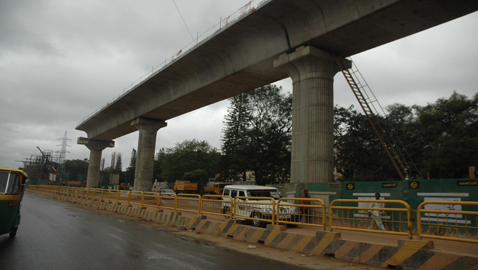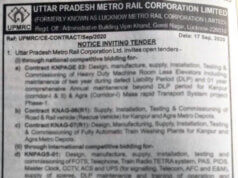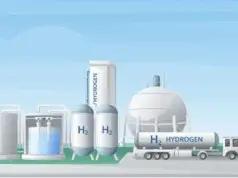
A study by CRISIL Research, India’s largest independent research house, on the status of road projects awarded in the last fiscal shows an unprecedented pickup in execution amid a proactive government and faster approvals by implementing agencies. This is expected to improve the returns for the developers of BOT projects and companies engaged in the construction (EPC contractors) of roads.
Of the 16 projects awarded in 2013-14, work has already begun on 12, or 75 per cent of them. That’s a big difference considering that for projects awarded in 2011-12 and 2012-13, work had begun only on 10 per cent and 18 per cent of them, respectively, at a similar juncture. And in some of the projects awarded last fiscal, progress has been as much as 40-50 per cent already. Such momentum is unparalleled and stands in sharp relief to the imbroglio seen in the last couple of years.
Today, it takes on average only seven months, which is much closer to NHAI’s target of six months, to achieve the ‘appointed date’ (when the concession period starts; on the other hand, tolling begins from the ‘commercial operations date’ or COD) after the award of a project, compared with 10-12 months earlier.
“This is a welcome respite and augurs well for the road sector. In the last five years, 90 per cent of the national highway projects completed was delayed because of lack of environmental clearances, non-availability of land, funding constraints etc. The average time overrun had increased from about 20 months in 2008-09 to about 50 months in 2013-14. Both BOT and EPC projects got stuck, with the average delay around 13 months for BOT projects and 45 months for EPC projects,” said Rahul Prithiani, Director, CRISIL Research.
Land and environment issues have not only caused time overruns but also a significant 45 per cent cost escalation, or an average `200 crore, per project.
To clear the snarl and spur execution, the government has been taking many proactive steps such as fast-tracking environmental nod, delinking forest and environment clearances, increasing limits on sand mining, and enabling online filing for clearances to construct rail over-bridges and under-bridges. These are notable changes because they were often the reason why many projects stalled earlier. On its part, NHAI also ensures now that at least 80 per cent of the land is in possession when projects are awarded.
“If the government swiftly implements the measures already announced, and continues with efforts to further streamline approvals, we expect average delays to come down to less than six months over a period of time. For developers, that will be a big advantage because project returns can improve by at least 200-300 basis points. Further, there will be a healthy improvement in the profitability of EPC companies as their working capital cycles will contract and overhead costs reduce,” said Prasad Koparkar, Senior Director, CRISIL Research.
Source: CRISIL










